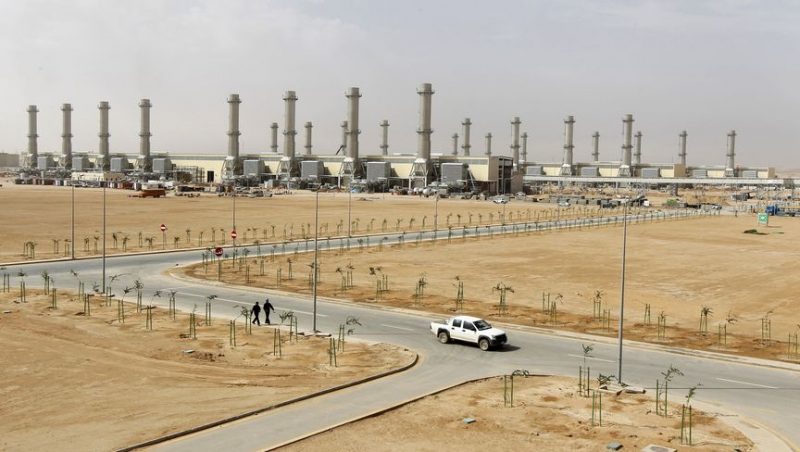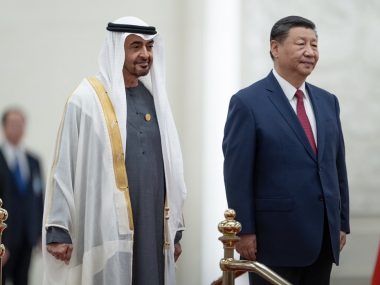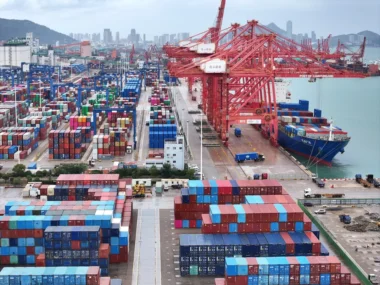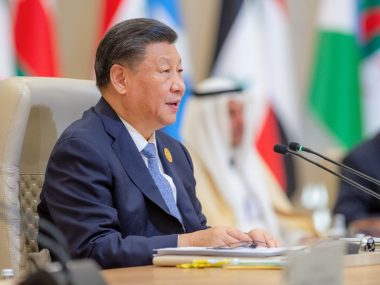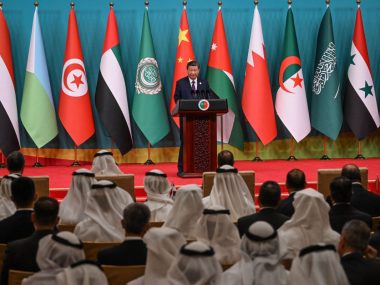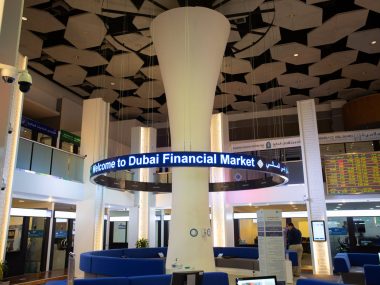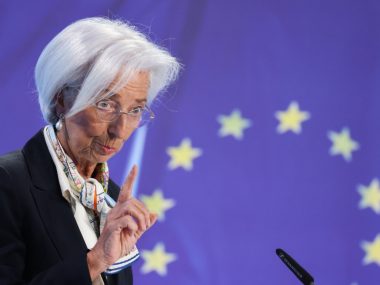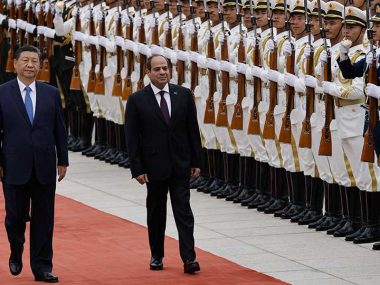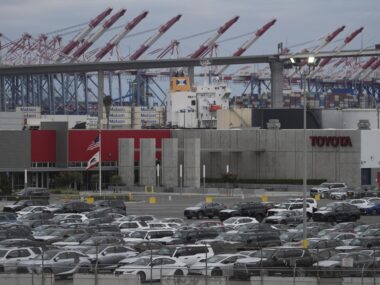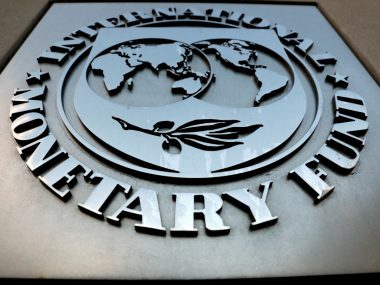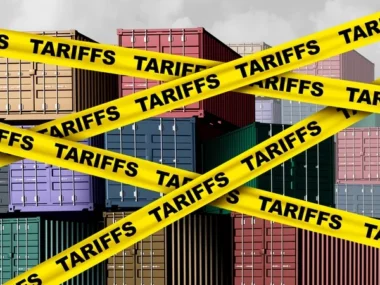As for the Gulf countries, the report expected a slowdown in the growth of the majority of the Gulf countries’ economies, with the exception of Saudi Arabia , whose economy was expected to contract by 0.5% during the year, under pressure from expectations that the oil sector would contract by 8.4% during the year.
According to CNBC World the World Bank indicated in a report on the latest economic developments in the Gulf region that the region’s economies will grow by 1% in 2023, indicating that the growth of non-oil sector activities by 3.9% during the year will compensate for the decline in oil sector activities. The non-oil sector in the Gulf countries will achieve high growth rates during the current year, which will enable the majority of these countries to maintain the growth process, after reducing oil production as part of the OPEC+ countries’ efforts to maintain market stability.
Saudi Arabia is implementing a voluntary reduction in oil production by about one million barrels per day until the end of the year, in addition to the reduction agreed upon with the OPEC+ group, the total of which is estimated at about 3.66 million barrels per day.
The World Bank indicated in its report that the non-oil sectors will mitigate the severity of the contraction in the Kingdom, thanks to its growth of 4.3%, supported by a more flexible financial policy, strong private consumption, and enhanced public investments.
In the preliminary statement of the 2024 budget, Saudi Arabia reduced its expectations for economic growth this year to 0.03%, compared to 3.1% in previous estimates, and the Ministry of Finance, in the preliminary statement of the 2024 budget, attributed this adjustment in expectations to the voluntary reduction in oil production. But at the same time, it expected that the gross domestic product of non-oil activities would grow by 5.9%.
| Country | the growth (%) | Growth of the oil sector | Growth of the non-oil sector |
| Saudi Arabia | -0.5 | -8.4 | 4.3 |
| The UAE | 3.4 | 0.7 | 4.5 |
| Kuwait | 0.8 | -3.8 | 5.2 |
| the two seas | 2.8 | 0.1 | 4 |
| Oman | 1.4 | – | 2 |
| Qatar | 2.8 | 1.3 | 3.6 |
Slowdown of Gulf economies
The report expected economic growth in Kuwait to slow sharply to 0.8% this year, due to the decline in oil production, the tightening of monetary policy, and the slowdown in global economic activity. He also pointed to the growth of the non-oil sector by 5.2%, supported by private consumption and loose fiscal policy.
As for the UAE, the report expected economic activity to slow to 3.4% due to weak global activity, stagnant oil production, and difficult financial conditions. Non-oil production is expected to support economic activity in 2023, according to the report, as the sector will record a growth of 4.5% thanks to strong performance in the tourism, real estate, construction, transportation, and manufacturing sectors, and increased capital spending.
The report also indicated that the tourism and infrastructure sectors will support the non-oil sector in Bahrain, while the construction sectors, investments in renewable energy, and tourism will support growth in the Omani non-oil economy . Tourism and organizing events have also been a source of the non-oil economy in Qatar.

